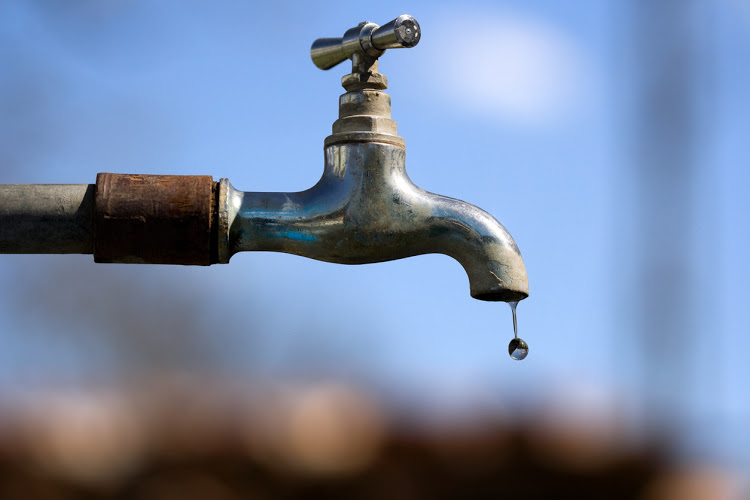A study from the U.S. Geological Survey (USGS) shows that the drinking water of 2.3 million Americans contains unsafe levels of naturally occurring strontium, a metal that can negatively impact bone health in children.
MaryLynn Musgrove, a scientist at the USGS’s Oklahoma-Texas Water Science Center and the author of the study, found that more than two percent of water samples from 32 aquifers around the country exceeded the safety limit for strontium. She noted that the public and private wells connected to these aquifers cater to around 2.3 million Americans.
Strontium is a soft metal that originates from minerals such as celestine. While low concentrations of naturally occurring strontium are safe and even beneficial for health, high amounts can stunt bone growth in children with low levels of calcium in their bodies. This is because strontium can replace calcium in the bones, which can weaken them and limit development, according to Sarah Yang, a groundwater toxicologist for the Wisconsin Department of Health Services.
“We’re more worried about infants and children because their bones are actively growing,” Yang told Environmental Health News. “Generally, infants and children can absorb more strontium in their intestines, and adults can’t.”
Studies link high levels of strontium in drinking water to rickets, a skeletal condition characterized by the softening and weakening of children’s bones. Rickets is caused by a deficiency in calcium, vitamin D or phosphorus.
For her study, Musgrove examined groundwater samples from 32 principal aquifers across the country to determine the amount of strontium in American groundwater. She found that almost every sample had detectable strontium levels. Around 2.3 percent of these exceeded four milligrams per liter (mg/L), which is the maximum amount that people should consume routinely, as per the Environmental Protection Agency (EPA). Read more..

